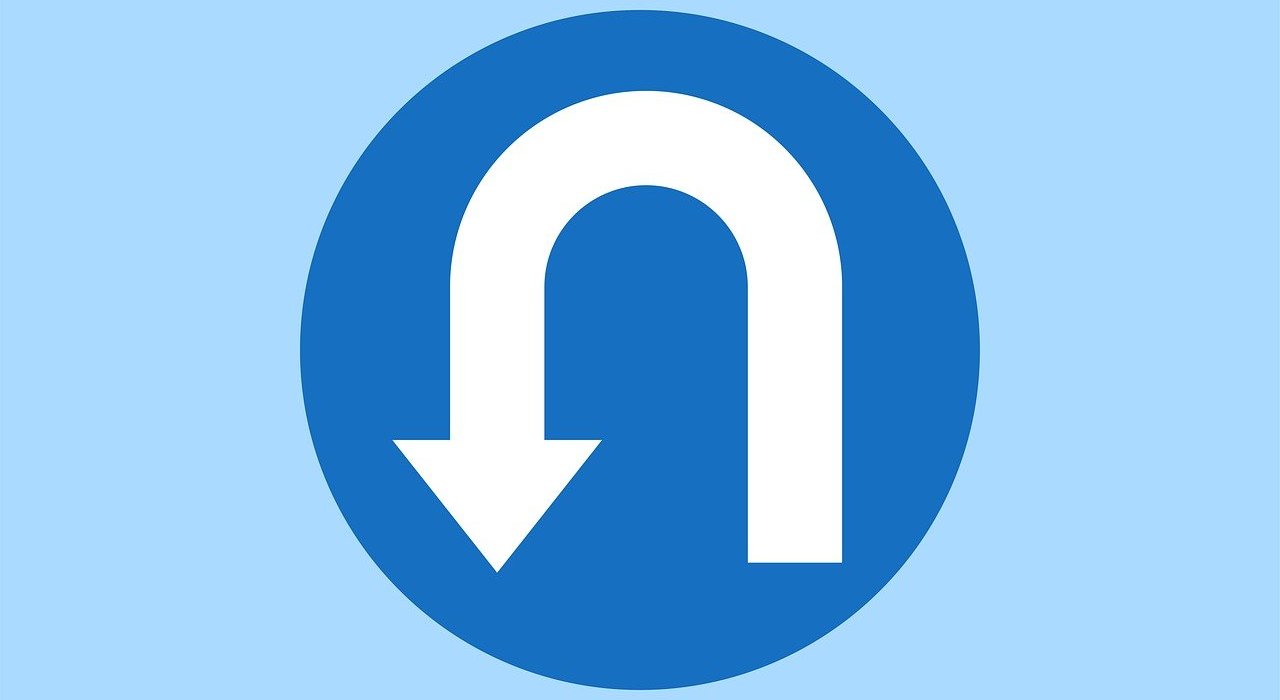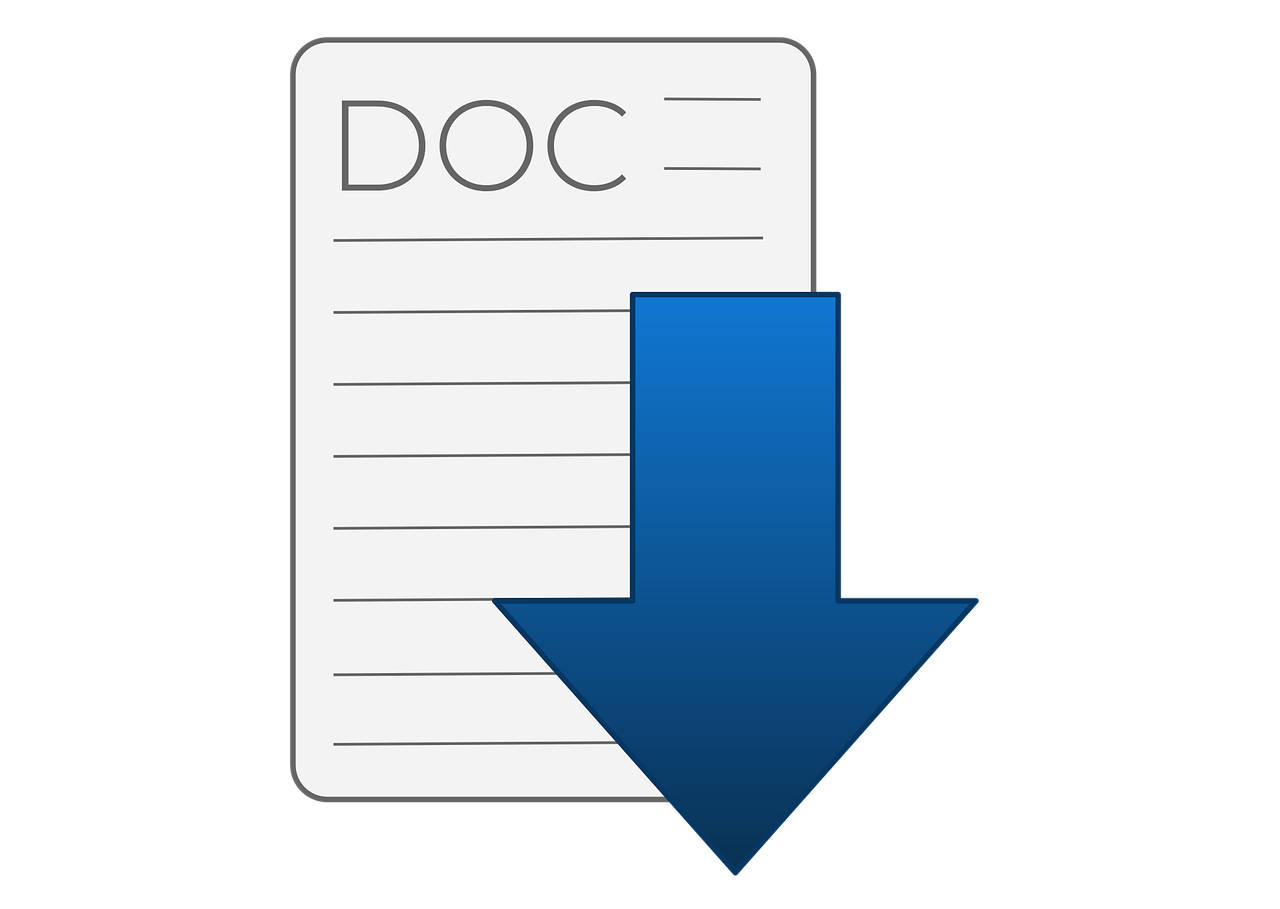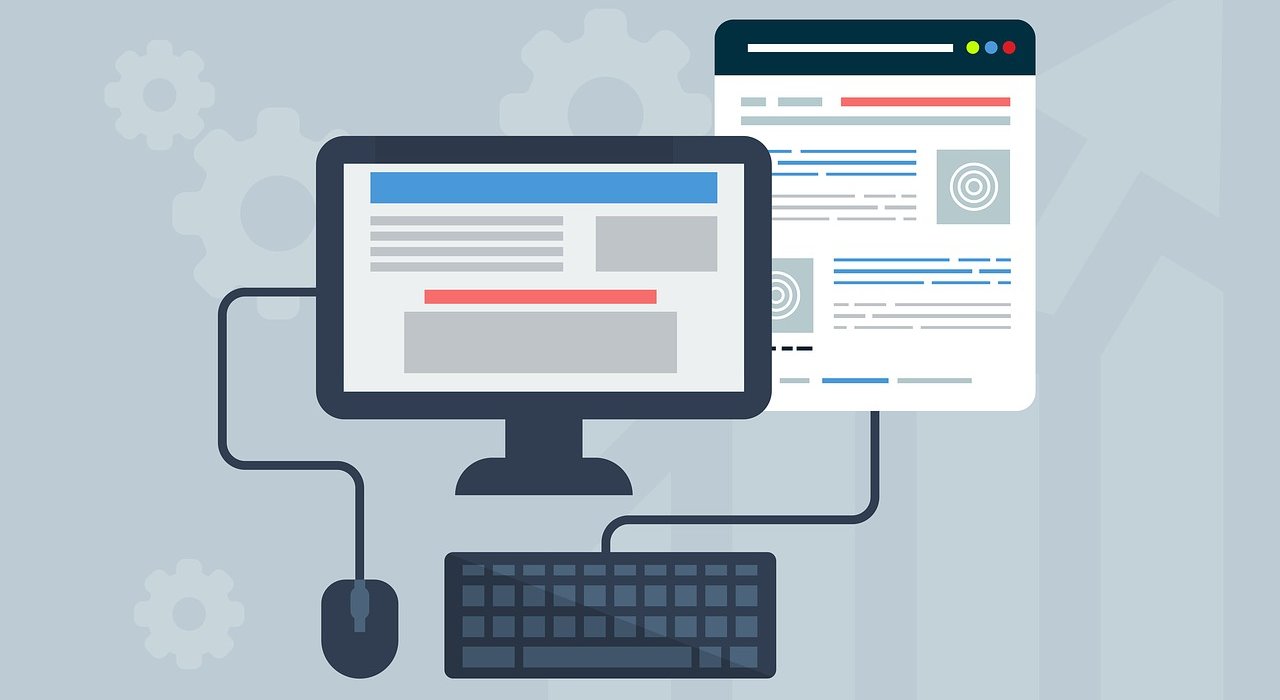Today the USPTO withdrew its proposed change to terminal disclaimer practice. The change, proposed on May 10, 2024, would have added a new requirement to terminal disclaimers filed to overcome obviousness-type double patenting (ODP) rejections. Most controversially, under the new requirement, the applicant would need to agree that the patent issuing from an application in which a terminal disclaimer was filed would be enforceable only if the patent were not tied (and had never been tied) through one or more terminal disclaimers to a patent in which any claim had been finally held unpatentable or invalid over prior art.
Thus, for example, in a family of two patents, one earlier, one later, each having twenty claims and being “tied” together by a single terminal disclaimer in the later patent, should any one of the twenty claims in the earlier patent be found unpatentable or invalid over prior art, all twenty claims in the later patent would become unenforceable. Given the popularity of ODP rejections over co-pending applications, it was easy to envision under the proposed change an entire family of patents with forty, sixty, eighty, etc., claims becoming unenforceable upon a finding of invalidity for a single claim.
As required, the USPTO solicited comments on the proposed change. The vast majority of comments were opposed to the proposed change, including a letter from a group of five former Directors, Deputy Directors, and Patent Commissioners urging the USPTO to completely withdraw the proposed rule. On December 4, 2024, the USPTO withdrew the rule, stating only that “[i]n light of resource constraints, the USPTO has decided not to move forward with the proposed rule at this time and to withdraw the proposed rule.”








